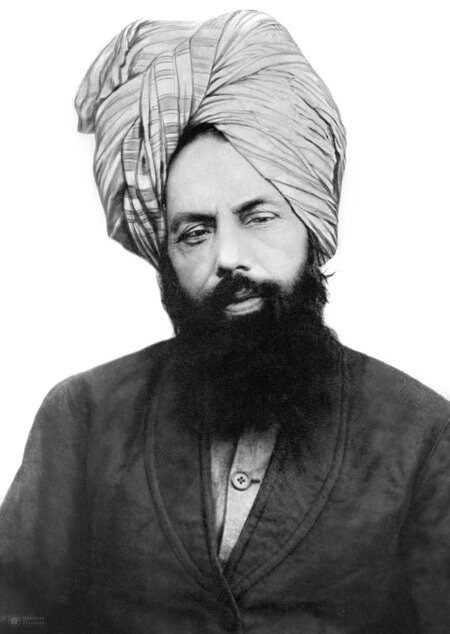
You ought to bear in mind that the five times appointed for prayer have not been set as a form of compulsion or to flaunt authority. In fact, if one ponders, it becomes evident that these timings are a reflection of the varying spiritual states of man. Allah the Exalted says:
اَقِمِ الصَّلوٰۃَ لِدُلُوْکِ الشَّمْسِ
i.e. observe Prayer from duluk-ush-shams (the declining and paling of the sun). Now one can observe that in this instance, Allah the Exalted states that the observance of prayer begins from the time known as duluk-ush-shams. The word duluk – though there is a difference of opinion in its meaning – refers to the afternoon, when the sun begins to decline from its zenith.
Now, from the time of duluk, five prayers have been appointed. What is the wisdom and underlying mystery in this? The law of nature demonstrates that the stages of humility and meekness in the spiritual state of man begins with duluk, after which man experiences only five conditions. Therefore, prayer, which accords with our natural state, begins from the time when signs of grief, pain and agony arise in man. When a person is afflicted by some calamity or misfortune, they show immense humility and meekness. At this time, if there was an earthquake, you could appreciate how emotional and humble one’s disposition becomes.
Similarly, presume for example, if someone were subject to legal proceedings, upon the issuance of a summons or warrant, the individual comes to know that he has been charged under such and such section of the criminal or civil code. After the individual in question sees the warrant, their condition declines, just as the midday sun begins to decline in the afternoon. For before the issuance of the summons or warrant, the individual in question had no knowledge of the charge. It is at this time that a person thinks to themselves whether or not they will be able to find a barrister in court to defend them. Such apprehensions and concerns are the very decline that are illustrated in the state of duluk. This is the first state that is represented by the Zuhr prayer and it is this Zuhr prayer which symbolically reflects this initial condition. The second state that overtakes a person is when they are stood in the courtroom. The opposing party and court are engaged in questioning and cross-questioning. This is a most uncomfortable state and it is this condition and time which is illustrated in the Asr prayer.
For the word “asr” means to suffocate and strain. When the state of affairs becomes even more delicate and a charge-sheet is prepared against the person in question, despair and desperation grow. For at this time, the individual in question believes that they will be sentenced. This is the time which is symbolically reflected in the Maghrib prayer. Then, when the verdict is announced and the individual is handed over to the constable or court inspector, this is representative of the spiritual condition symbolically illustrated by the Isha prayer. Finally, the dawn of prayer arrives and the state of اِنَّ مَعَ الْعُسْرِ یُسْرًا (Verily, there is ease after hardship) is manifested. This is the time which parallels the spiritual condition that is symbolically reflected in the Fajr prayer.
In short, I address you and say once again that the purpose for which you should forge a sincere relationship with me should only be to bring about a noticeable transformation in your morals and habits, so that as a result, you may become a source of guidance and blessing for others.
(Hazrat Mirza Ghulam Ahmadas, Malfuzat, Vol. 1, pp. 146-147)

